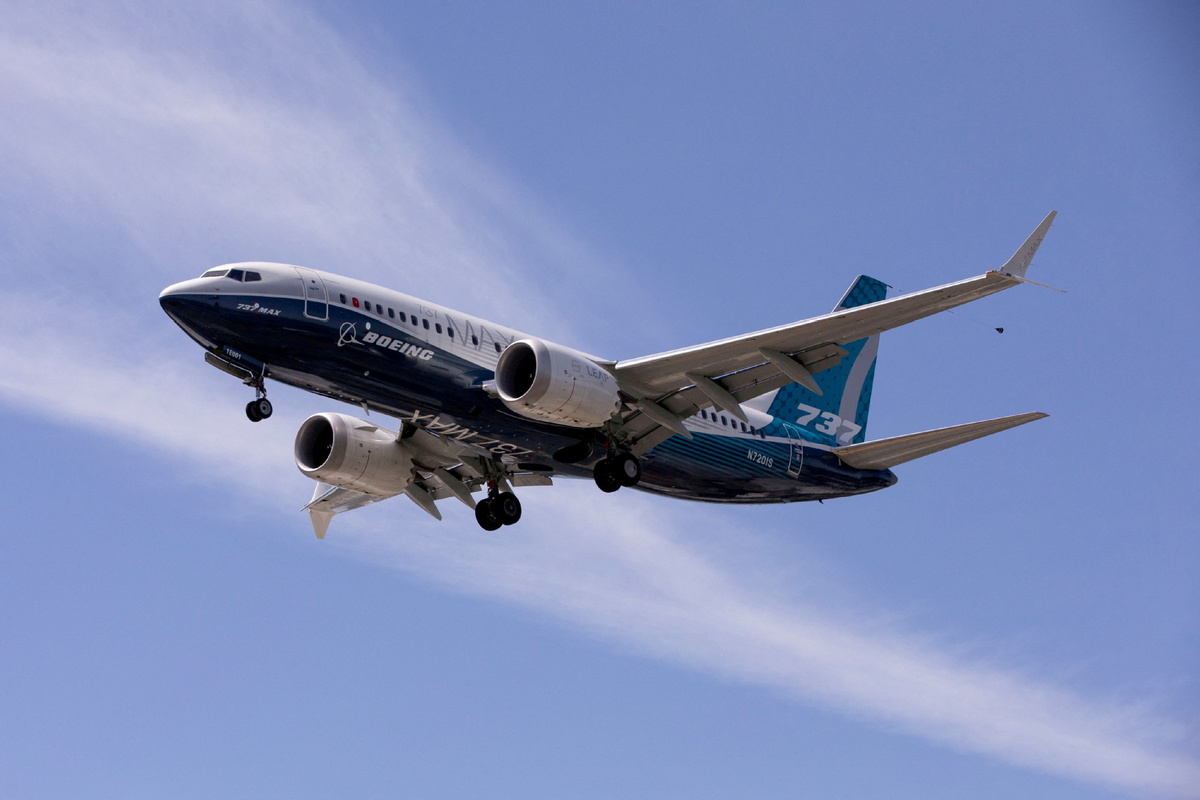Global demand for air cargo surges
By JONATHAN POWELL in London | China Daily Global | Updated: 2021-12-14 09:45

The cost of flying cargo reached $14 per kilogram for the first time last week as companies around the world scramble to get goods on the shelves before Christmas.
The fourth quarter is always the busiest for supply chains, but amid chaos in the shipping industry, where there are bottlenecks at ports and a shortage of containers, companies have switched to using air cargo.
The surge in demand has led to a shortage of aircraft, and prices have doubled on some routes that link manufacturing centers in China to consumers in Europe and the United States, reported the Financial Times.
Along with consumer electronics and fashion goods, industry executives say a rush to order COVID-19 tests and personal protective equipment, as the Omicron variant of the novel coronavirus spreads, is also having an impact.
The FT noted that prices on high demand routes between Shanghai and North America have now jumped above the previous record of $12 per kilogram seen when the effect of the coronavirus pandemic first impacted global supply chains last year. It said components including auto parts or semiconductors are also now being moved by air.
It also cited cargo data from Baltic Exchange Airfreight Index and TAC Freight that showed significant price rises on routes between Hong Kong and Europe and the US, and on transatlantic routes between Frankfurt and North America.
Growing e-commerce means air freight operations are more in demand than ever, reported Air Cargo News, which noted that East Midlands Airport, a key cargo hub in the United Kingdom, predicts that by the end of this financial year it will have handled 470,000 tonnes of goods, compared with 370,000 tonnes pre-pandemic.
Bharat Ahir, chief executive of supply chain consultancy 28one, told the FT consumers will inevitably be hit by rising costs.
"There are two clear impacts-availability will be lower, and what you have got is going to be more expensive," Ahir said.
Industry executives told the paper that half of air cargo would normally be carried in the belly holds of passenger jets, but the spread of the Omicron variant is disrupting leisure traffic and spare capacity is limited.
The Journal of Commerce reported last week that shippers can expect a long-term reduction in the capacity provided by belly cargo.
"The Boeing 747, for example, may not return to the skies as airlines opt to renew their fleets and buy newer, more fuel-efficient, but smaller, aircraft for international passenger transport," said Justin Barrow, head of air freight for China at Maersk Asia Pacific, in a market update.
























